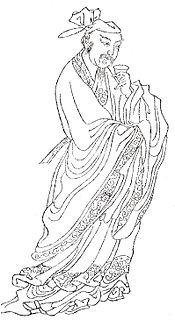A Quote by Albert Camus
I leave Sisyphus at the foot of the mountain. One always finds one's burden again. But Sisyphus teaches the higher fidelity that negates the gods and raises rocks. He too concludes that all is well. This universe henceforth without a master seems to him neither sterile nor futile. Each atom of that stone, each mineral flake of that night-filled mountain, in itself, forms a world. The struggle itself toward the heights is enough to fill a man's heart. One must imagine Sisyphus happy.
Quote Topics
Related Quotes
In "The Myth of Sisyphus", his most important non-fiction work, Albert Camus suggested that if we believed what most people claim to be the purpose of life, we would feel compelled to commit suicide. If, however, we accept that life has no purpose we would be inclined to soldier on in a cussed, stoical manner like Sisyphus, endlessly pushing his rock up a hill only to see it roll down again.
'Yea and I beheld Sisyphus in strong torment, grasping a monstrous stone with both his hands. He was pressing thereat with hands and feet, and trying to roll the stone upward toward the brow of the hill. But oft as he was about to hurl it over the top, the weight would drive him back, so once again to the plain rolled the stone, the shameless thing. And he once more kept heaving and straining, and the sweat the while was pouring down his limbs, and the dust rose upwards from his head.






































